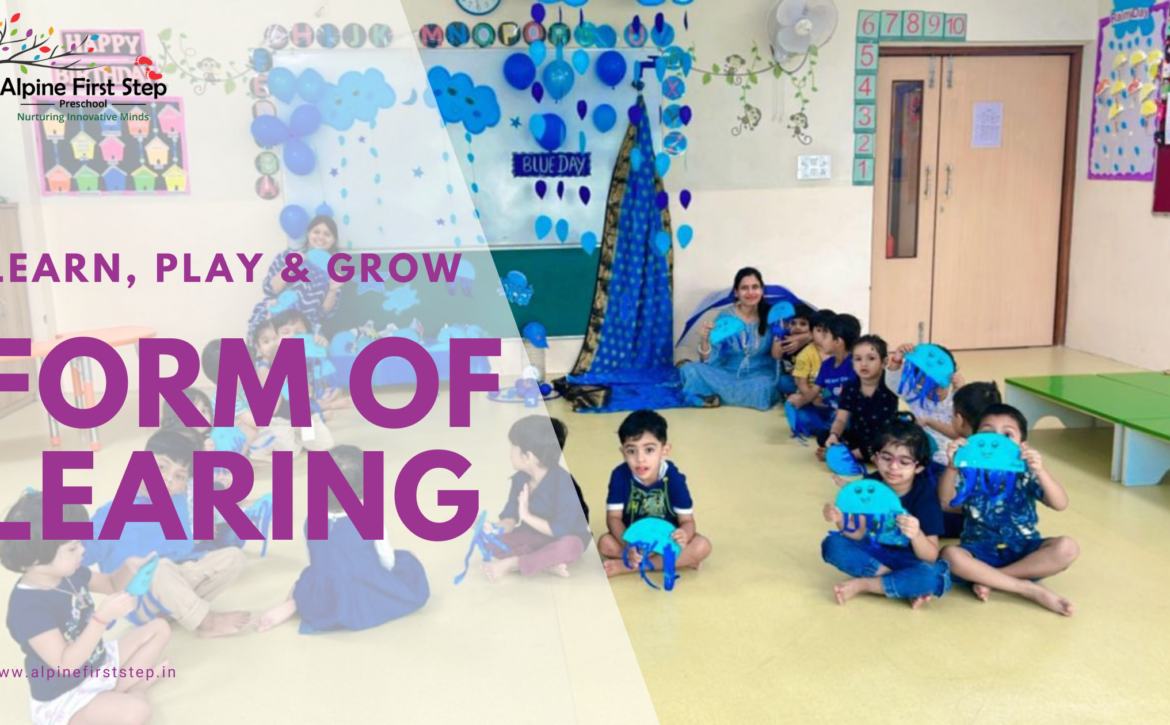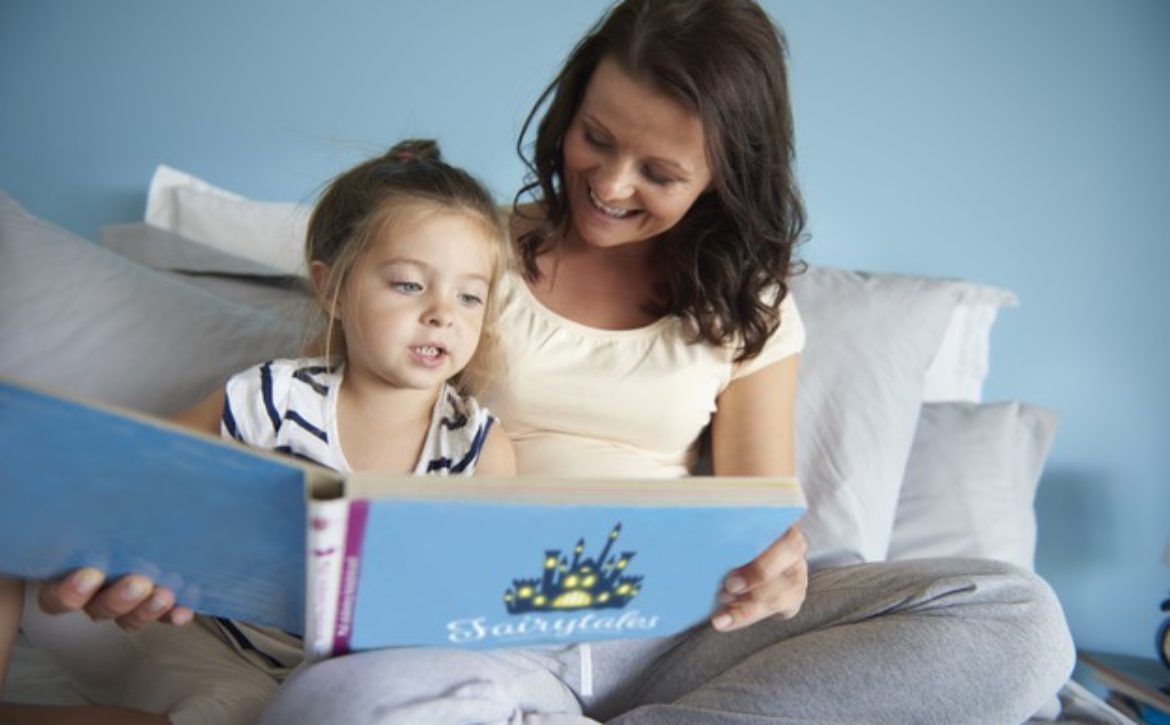Play, Learn, and Grow: The Foundation of Early Childhood Development At Alpine First Step
The early years of a child’s life are crucial for their overall development. A strong foundation in learning, social interaction, and motor skills can make a significant difference. At Alpine First Step, recognised as the best play school in Greater Noida, we focus on a Play, Learn, and Grow approach to nurture young minds.
The Importance of Play in Early Childhood
1. Play as a Learning Tool
Play is not just about fun—it’s an essential way for children to explore the world around them. Through activities like puzzles, building blocks, and role-playing, children develop cognitive skills, creativity, and problem-solving abilities.
2. Social and Emotional Growth
Interacting with peers during play helps children build social skills, teamwork, and emotional intelligence. They learn values like sharing, patience, and empathy, which play a key role in personality development.
3. Physical Development Through Active Play
Running, jumping, and engaging in outdoor activities help children improve their motor skills, balance, and coordination. At Alpine First Step, we ensure a safe and engaging environment for physical activities to keep children active and healthy.
Learning Through Play: A Holistic Approach
1. Structured vs. Free Play
At Alpine First Step, we offer a balance of structured play (guided activities) and free play (self-directed exploration) to encourage creativity and independent thinking.
2. Montessori-Based Learning
Our curriculum incorporates Montessori principles to foster independence, hands-on learning, and problem-solving skills in a fun and engaging way.
3. Language and Cognitive Skills Development
Activities like storytelling, phonics, and interactive games help children develop early literacy and numeracy skills, preparing them for formal schooling.
Grow with Confidence at Alpine First Step
1. A Safe and Nurturing Environment
As the best play school in Greater Noida, we provide a secure and stimulating environment where children feel confident to explore, learn, and grow.
2. Expert Faculty and Child-Centered Approach
Our experienced educators focus on each child’s unique needs, ensuring personalized attention and support.
3. A Community of Learning
We encourage parental involvement in our programs, creating a strong partnership between home and school to enhance a child’s learning journey.
Conclusion: A Bright Future Begins Here
Early childhood education is the stepping stone to a lifelong love for learning. At Alpine First Step, we are dedicated to providing a joyful, engaging, and enriching experience where children Play, Learn, and Grow every day.
📍 Visit Us: Sector Zeta-1, Near Purvanchal Heights, Greater Noida
📞 Call/WhatsApp: +91 96677 92178
🌐 Website: www.alpinefirststep.in
Give your child the best start in life with Alpine First Step – where learning meets fun!



